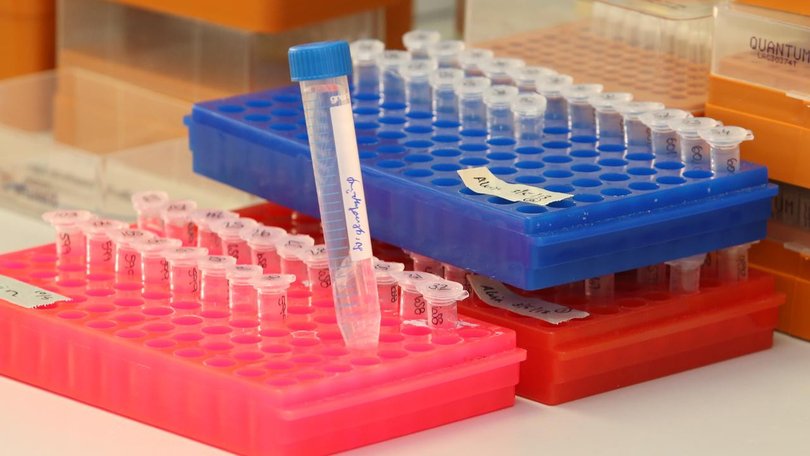Mechanical engineers make AI sperm health test for IVF and help reduce invasive procedures
Engineers have developed AI technology that can remove the need for invasive IVF procedures.

New AI technology could assess the quality of live sperm in seconds, removing the need for invasive procedures during IVF treatments.
Monash University’s Department of Mechanical and Aerospace Engineering conducted the research in collaboration with Monash IVF and found the model analysed sperm imaging with 93 per cent accuracy.
Current clinical practices to evaluate sperm require human analysis and chemical staining of the sperm cells which can cause damage.
Sign up to The Nightly's newsletters.
Get the first look at the digital newspaper, curated daily stories and breaking headlines delivered to your inbox.
By continuing you agree to our Terms and Privacy Policy.This new method works on live, unstained sperm - aiming to preserve their viability.
Monash IVF chief scientific officer Deirdre Zander-Fox said making the sperm selection process faster could improve outcomes.
“Sometimes in IVF, embryologists need to inject a single sperm directly into an egg to increase the chances of fertilisation,” Professor Zander-Fox said.
“While they are experts at finding the best sperm for this process - sperm that’s the right shape and size and moves around freely - it can sometimes take hours to sift through a sample to find the best sperm for injection.
“We believe AI can make the process much faster and give patients improved outcomes, while still allowing our highly trained embryologists to have oversight of the process.”
Mechanical engineer Reza Nosrati said the technology could pave the way for standardised sperm selection through automation in IVF clinical settings.
“The consistency and reliability of our AI model provide unprecedented accuracy in live sperm morphology classification,” Dr Nosrati said.
“By providing a clear and precise analysis of sperm quality, it offers promising opportunities for enhancing clinical sperm selection practices and reducing day-to-day variability in clinics.
“With this tool, we hope to improve the outcomes of fertility treatments and offer new hope to couples struggling to conceive.”
More than eight million babies have been born worldwide using IVF, while about five per cent of Australian children are conceived through in-vitro fertilisation.
